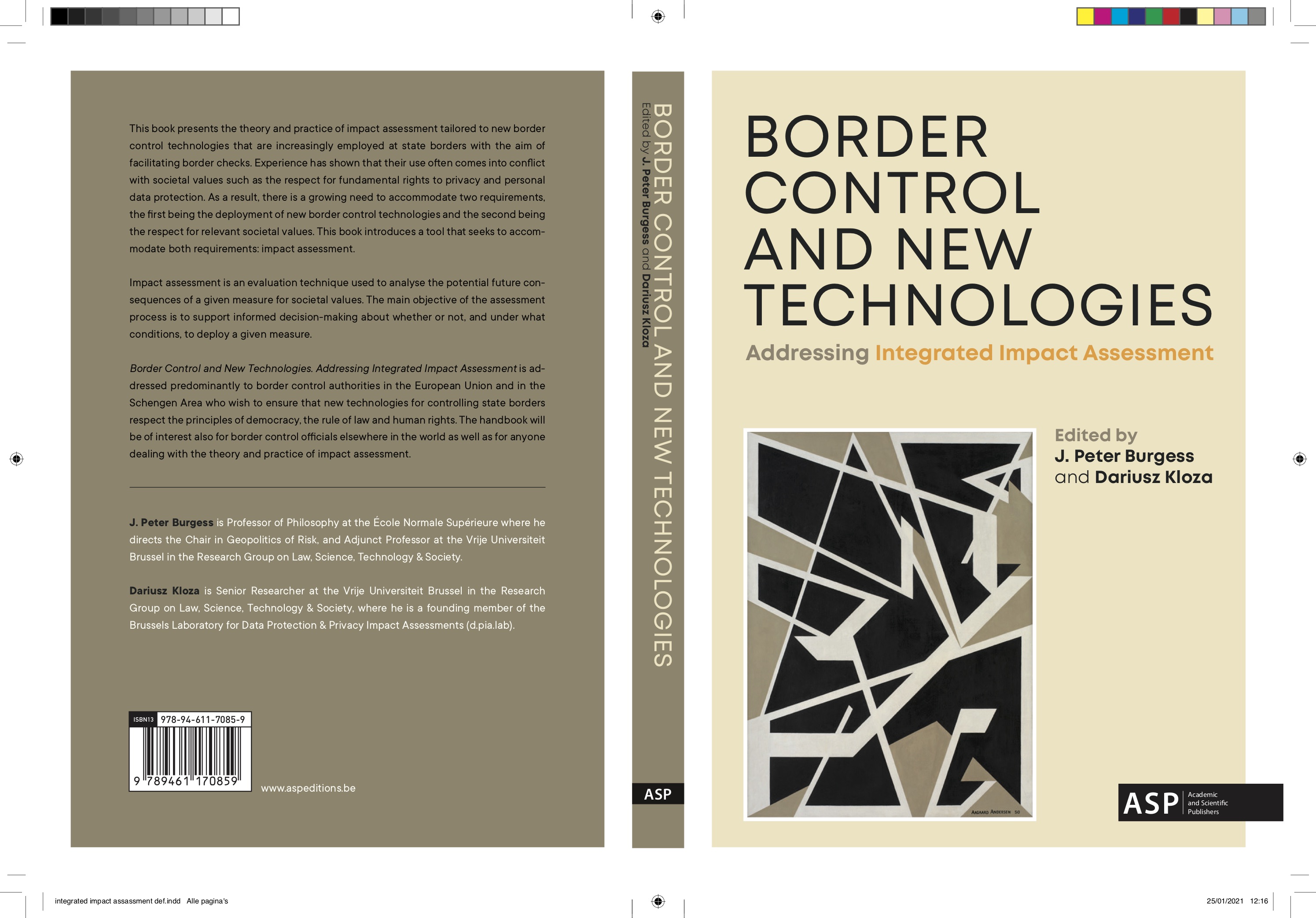The method was developed in 4 phases:
- Building upon the technical requirements of border control technologies (cf. Deliverable D1.2), and on the constraints to these technical requirements, in terms of social acceptance/acceptability, ethical principles, human rights law (especially privacy and data protection), as well as border management laws and practice, the PERSONA consortium defined a benchmark against which border control technologies have to be assessed (cf. Deliverable D1.3).
- Tailoring down the generic method to the reality and needs of border control, and integrating personal data protection, privacy and ethics impact assessments with the component of social acceptance/acceptability, led to the first version of the PERSONA method for impact assessment (cf. Deliverable D3.1).
- The method was then tested through the three-partite ‘test studies’ (cf. Deliverables D4.1-D4.5) and stakeholders’ consultation via the PERSONA’s Community of Stakeholders (CoS). Test Studies A and B focused on exploring and validating the stakeholder involvement component of the method. The former, by surveying real travellers who were asked to assess a preselected setup of state-of-the-art border control technology. The latter, by investigating similar or alternative ways of stakeholder involvement using sister-project defined technology. In Test Studies C, under the supervision of VUB, the PERSONA end-users carried out the integrated assessment process on a border control technology of their choice, in accordance with the draft impact assessment method (cf. Deliverable D3.1) as operationalised in a tailored down template.
- The outcomes of the ‘test studies’, and particularly the challenges faced by end-users in carrying out the assessment process, were of crucial importance for the fine-tuning of the tailored down method and template (cf. Deliverable D3.2), as well as for defining the content of the book (cf. Deliverables D5.2 and D5.3)









